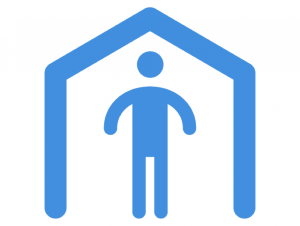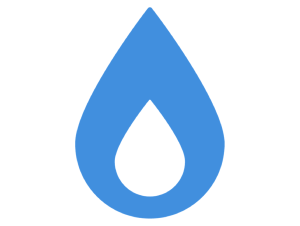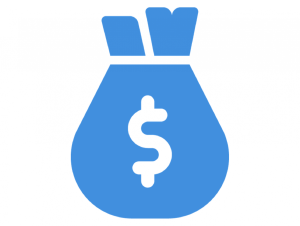Findings and Recommendations
In humanitarian aid settings, refugees rely on aid actors - such as the United Nations and international NGOs - to acquire basic assistance, including food, water, sanitation and hygiene (WASH) needs, shelter, cash, healthcare, education, and more.
In the project’s first three years, the Empowered Aid team worked with a team of 29 refugee women and girl co-researchers in Uganda and 26 in Lebanon to uncover the risks they face when interacting with aid distributions, and we formulated a list of recommendations to create safer aid distributions. In total, we spoke with almost 200 stakeholders including other members of refugee communities (men, boys, and people living with disabilities) and the host community, and with aid actors.
In each country, the refugee co-researchers chose the types of aid to study: food; water, sanitation and hygiene (WASH), shelter, cash and voucher assistance (in Lebanon), and fuel and firewood (in Uganda).
Shelter
WASH
Fuel and Firewood
Cash
Food
Using ethnographic methods, they studied the types of sexual exploitation and abuse risk they and their peers face at each point in the aid distribution process: when receiving information or communication about aid, when registering or being verified, when traveling to and from distributions, at the point of distribution, and when storing the aid received safely at home.
The refugee women and girl co-researchers joined other team members in analyzing the data and led the prioritization of recommendations to aid actors on how to make aid safer. These recommendations are listed within each country page.







